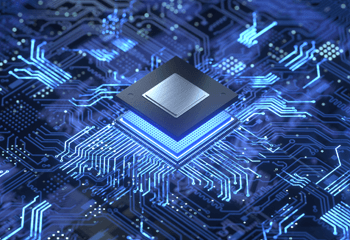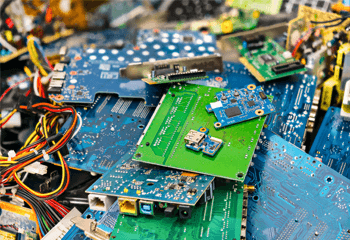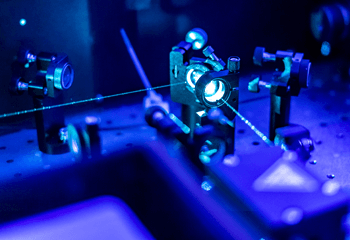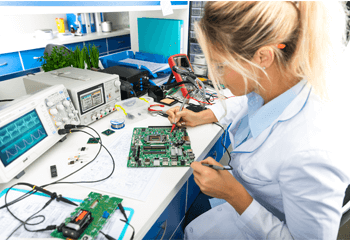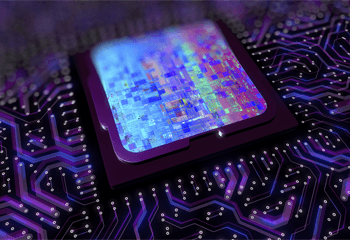Electronics Articles
Electropages Insights Blog covers the latest in electronic design through webinars and articles. Delve into topics from sensors to AI implications. Stay ahead with Electropages.
Recently, Micron announced that it will be investing up to $150 billion over the next decade to expand its fabrication capabilities. What developments in technology have placed unprecedented demand, what will Micron plan to do, and could such expansion give ri...
By Robin Mitchell | 27-10-2021
Recently, the Royal Mint announced that it will be deploying proprietary techniques for recovering gold and silver from e-waste. What challenges does e-waste present, why is the Royal Mint looking at e-waste as a source of gold and silver, and what else can be...
By Robin Mitchell | 26-10-2021
Recently, DARPA announced its interest in wireless power transmission and has asked the industry for solutions. What advantages does wireless laser power transmission offer, why may DARPA be looking for such technologies, and what challenges does it face?...
By Robin Mitchell | 25-10-2021
Li-ion batteries are the most widely used modern-day battery, but several other metal-ion batteries also show a lot of promise. Modern battery technology could help to alleviate the dependence on lithium materials (and lithium mining). One of the promising low...
By Liam Critchley | 21-10-2021
Electropages Podcasts
Recently, Google announced that its route-finding algorithm on Google Maps will also offer the lowest carbon footprint journey. Why is carbon reduction a difficult challenge to solve, how will Google use technology to help reduce carbon emissions, and could cl...
By Robin Mitchell | 19-10-2021
In the last decade, AI has undergone leaps and bounds and now finds itself in many daily applications, including website traffic management, advertisement, and predictive maintenance. What challenges does AI present from a moral perspective, what legislation w...
Recently, Intel announced the development of its latest neuromorphic chip called Loihi2 and an open framework for developing solutions for it. What is neuromorphic computing, what are the specifics of the Loihi 2 chip, and could neuromorphic designs be the sol...
By Robin Mitchell | 18-10-2021
Recently, two Austrian communities have teamed up to develop a solution to homeowners not properly sorting out their recycling. Why is self-sorting waste so essential to the environment, what did the two companies develop, and will technology help with reducin...
IoT | By Robin Mitchell | 15-10-2021
Recently, two Austrian communities have teamed up to develop a solution to homeowners not properly sorting out their recycling. Why is self-sorting waste so essential to the environment, what did the two companies develop, and will technology help with reducin...
Environment | By Robin Mitchell | 15-10-2021
Recent evidence has come to light that the NHS may be required to share patient data with the police to fight against criminal activity. Why is privacy in data becoming an increasingly important issue, what evidence do we have that the NHS and police will shar...
Recently, Microsoft announced that it will be looking to make its hardware more easily repairable. What benefits does Right to Repair offer, what did Microsoft say regarding their own products, and why can right to repair be challenging for engineers? Wh...
By Robin Mitchell | 13-10-2021
Recently, researchers from the University of Illinois have demonstrated how the resistance of carbon fibre varies on its orientation, thereby helping researchers better understand the material. Why is carbon seen as a wonder material for the electronics indust...
By Sam Brown | 13-10-2021

